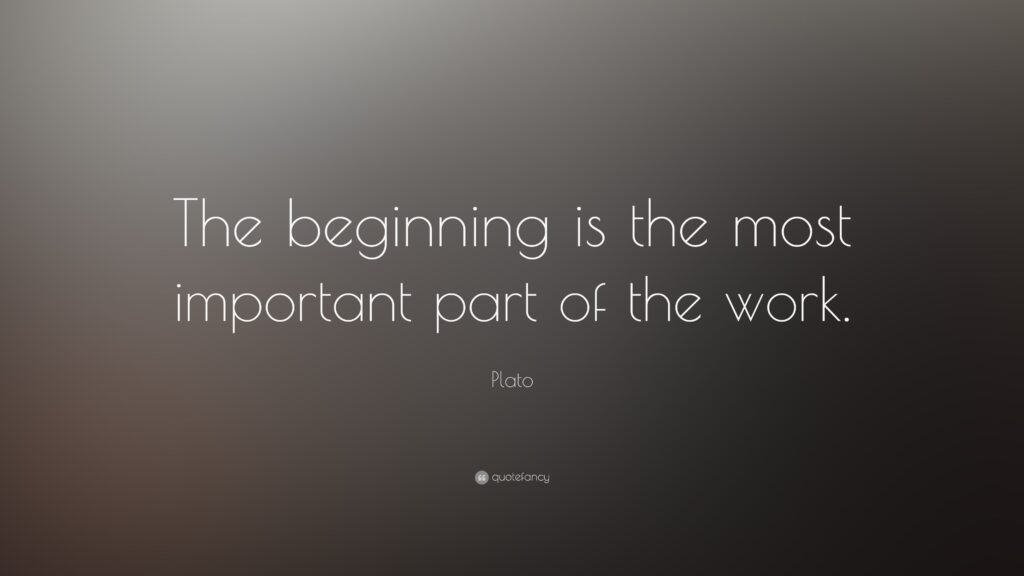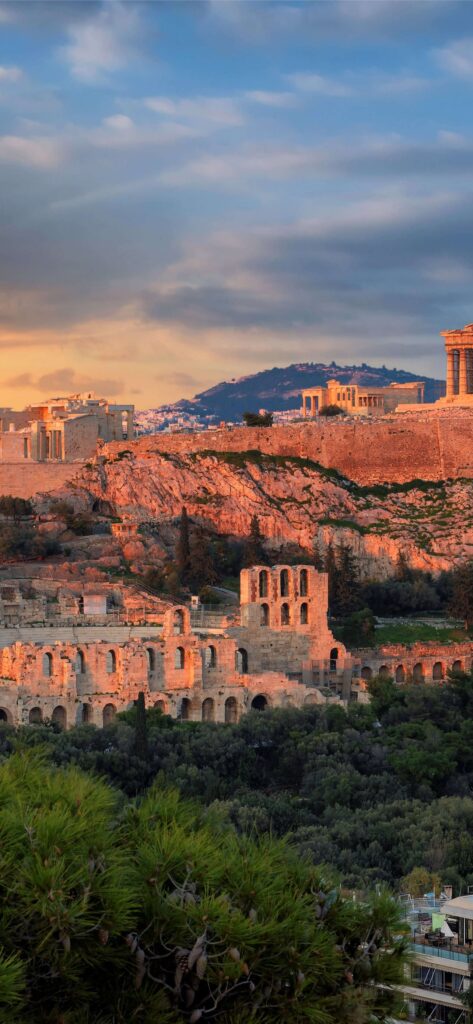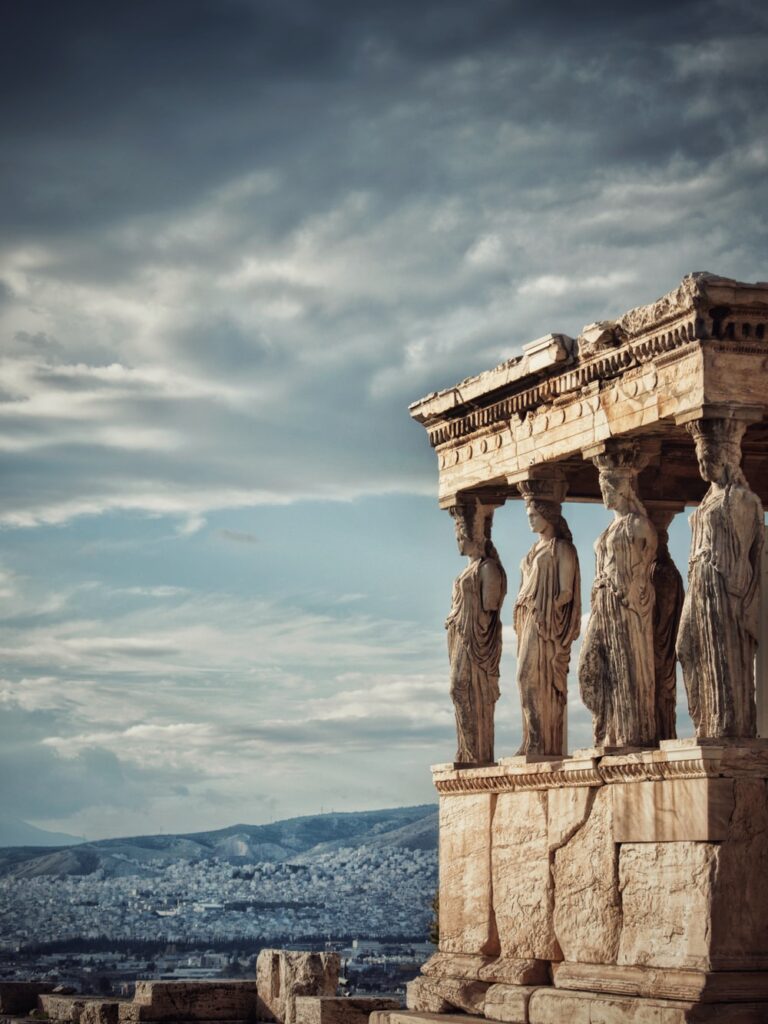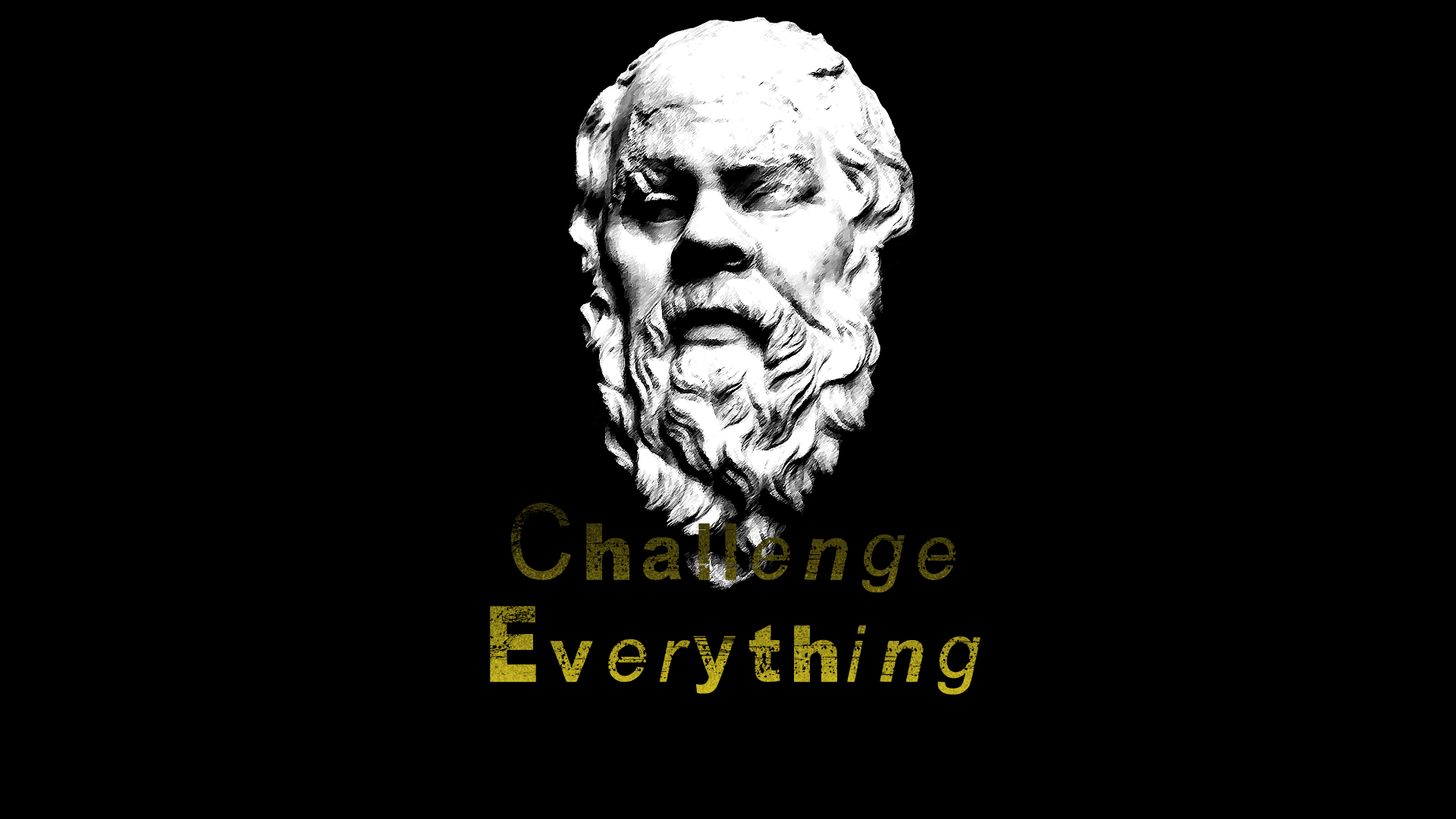
Greek great philosopher Plato’s one of the most famous treatises,The Laws,is the product of his old age.It is possible that the book was published after Plato’s death by one of his pupils.At that age the literary talents of the great philosopher was declining but still the book remains a great political work, and is in some respects even more impressive than the Republic.
In this book Plato proposes that law must be the alternative to the Philosopher-King. Yes,the wise ruler is the first priority and the ideal state is the best state if it is a practical possibility,Plato admits that it is not.Thus the second best state must closely follow the postulates of the ideal state. Law should be the ruling power in the best practicable state. Although some law is foolish and unwise,but it generally derives from the collective reason,that is why it is substantially adequate.
Plato asserts that law must be the sovereign power in a polis, because men are naturally self-centered and if they are not restrained by law, they will pursue their self interests that will destabilize the community.
In Laws,Plato discards the class system and specialization that he had advocated in the Republic,in favor of moderation and self-control. He proposes a mixed constitution through a balance of oligarchical and democratic principles. This constitution will develop the unity and harmony in the community. Through laws derived from reason the power of oligarchy will be restrained by a measure of popular control.
To read Real Madrid Top 3 Best Players Click Here.
To read Liverpool Top 3 Best Players Click Here.
To read Why Plato Hated Athenian Democracy? Click Here
The Model State of the Laws:

This model state must be located far enough away from the sea to prevent naval militarism and to discourage commercialism. Plato believes that naval military power is inferior to the land armies and tends to corrupt the nation. His objection to the commercial traffic is on the basis that it fills the city with profit-seekers who have no concern for civic duties.
Agriculture is the ideal occupation for the citizens because unlike commerce، it can not produce the great wealth that diverts the minds and energies of the citizens from civic affairs. Plato wants a moderate population which is no so rich and not so poor either.
The great philosopher sets the number of citizens in an ideal state to 5040. It is a convenient number for community organization because it is divisible by every number up to 10 and also by 12. The state is to be divided into twelve tribes and governed by a state council consists of twelve committees, each of which serves an equal part of the year.
Property in Laws:

Plato also departs from the principles of the Republic in his arrangements for the state run by laws. The land must be divided in 5040 equal lots,one for each citizen. There are common tables at which citizens will consume the produce of the land. This land cannot be transferred except through inheritance and it cannot be divided. If a citizen has no son he must assign the ownership to the son of another. Population should not be increased or decreased from the ideal number stated above.
Property other than land is not so equalized. Every citizen is permitted to hold private property up to four times the value of his land. Active participation in government is based upon the division of the citizens into four classes. One class will the least amount of private property and the others will own, respectively,two,three and four times the value of their land in private property. The amount of political power wielded by a class to be proportional to the amount of private property owned.
All wealth gained by a citizen in excess of four times the value of his landed property must be turned over to the state. Commercial activities will be handled only by outsiders. No citizen is to be permitted to own gold or silver.
Through this system,Plato attempts to combine the institution of private property with comprehensive regulations and thus produce the same situation that existed for his ruling classes under communism in the Republic.
Marriage and Family in Laws:

Just like in the Republic,in Laws, Plato criticizes the society where women are barred from contributing their share of civic effort. He contends that women should enjoy the same educational advantages as men and should be free to work in the same fields. Education is compulsory for both sexes.
Women are to serve in military forces and must , like men,train in the militia. In Laws Plato does not seek a community of wives and children as he does in the Republic. He proposes the union in marriage f opposites. Rich should marry poor,strong should marry weak,the hotheaded should marry the cool-headed.
Government in the model state of the Laws:

The government in the model state of laws will be a combination of extremes. Oligarchy and democracy are the two opposing forms of the government,and the best practicable state will be a combination of the two. Here Plato is trying to find a balance of wisdom and numbers. In the Republic Plato had assumed that no balance was possible and he threw all his weight to the side of an intellectual authority (Philosopher-King).
The small measure of democracy that Plato permits in Laws does not make him a devout democrat. He advises that adequate precautions must be taken to prevent the direct exercise of authority by the ordinary citizen. Although,the great philosopher acknowledges the fact that the peace and harmony in the state can only be achieved by giving the common citizens some kind of voice in the governing process.
Plato’s constitution for the model state is an elaborate one. All citizens capable of bearing arms are entitled to membership in the Assembly. The only real power these assembly members enjoy is the election of magistrate and the council.As we have mentioned above that in Laws Plato divides the citizens in four classes based on the amount of wealth they own. Consequently the wealthier classes are far more adequately represented in the Assembly than are the poorer classes.
Plato’s take on religion in Laws
In his concern with religion in laws, Plato departs radically from the theme of the Republic. In the latter work religion receives only passing refernce,but in the Laws it is given considerable attention. Plato advocates a rigorous system of state control over religious practice. He assumes that loyalty to state and religious conformity go hand in hand. It is a duty of the state to enforce obedience to religious law. The existence of the gods is not to be denied. The penalties for heresy are grim indeed and include even death.
to read more about Plato Click Here.
